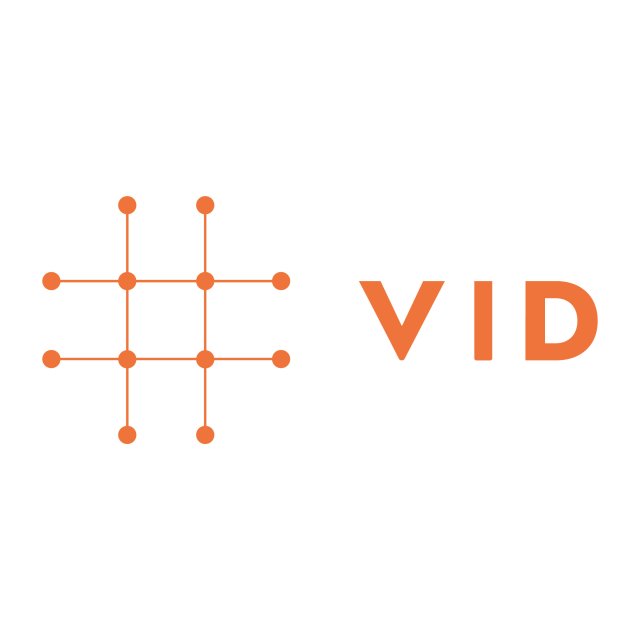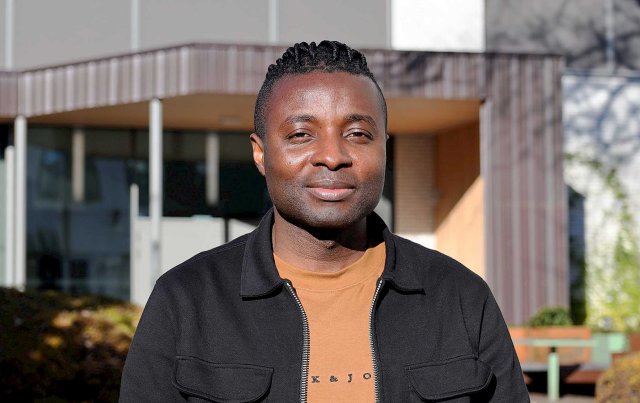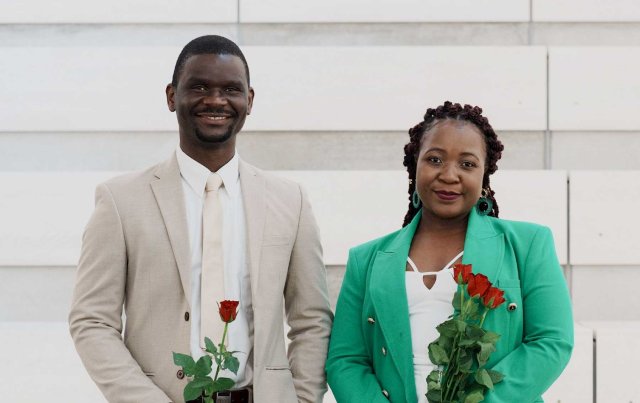
Community Development and Social Innovation
Advance your knowledge in community development, social sustainability and innovation. This master’s programme equips you to drive change in local communities and the public sector.
Application deadline 15.04.2026
Select campus:
- Language of instruction
- English
- ECTS credits
- 120
- Study length
- 2 years
- Supported by Lånekassen
- Yes
- Application deadline
- December 1st 2025
- Start date
- 11. august 2026
- Admission requirements and GPA
- See requirements
- Price per semester
- NOK 10379 (See details)
Why choose VID?
- Inclusive environment
- Close to teachers and fellow students
- Practical and relevant competence
- Focus on care, social justice and sustainability
Why choose this programme?
- Develop expertise in social innovation
- Learn leadership in complex societies
- Develop global and intercultural insight
- Pursue careers in civil society, health, and welfare
About the programme
We offer a cross-disciplinary programme directed towards students with a bachelor's degree who want to learn more about frameworks and methods for bottom-up development and change in local and global contexts.
The programme emphasizes both global outreach and a close connection to various fields of practice. Therefore, students are invited from a range of relevant professional backgrounds, disciplines, and work experience from all over the world in order to create an innovative and international environment for discussion and sharing of knowledge.
The master's thesis can be submitted in Norwegian or English.
Admission requirements and deadlines
Applicants must hold a bachelor's degree within social sciences, humanities, theology, religious studies, health or socialwork.
Application deadline
1 December: International applicants from outside EU/EEA and Switzerland not already residing in Norway. (All applicants who need to apply for a student visa.)
15 April: Applicants from EU countries and domestic applicants, who currently hold a Norwegian national ID number. (Applicants who do not need to apply for a student visa.)
Applying to VID as an international student
Download the application form. This must be included in your online application.
Please visit our page How to apply for a full degree programme at VID for a full checklist of supporting documents that must be submitted.
Tuition fees for students outside of EU, EEA and Switzerland
If you're a student from outside the EU, EEA and Switzerland, the tuition fee for Master in Community development and social innovation at VID Oslo is 70 419 Norwegian kroner per semester. International students do not qualify for support from Lånekassen.
The Norwegian Directorate of Immigration (UDI) requires international students to document that they have sufficient means for self-subsistence during their studies. More information about this can be found on our page How to apply for a full degree programme at VID.
We do not offer scholarchips.
What will you learn?
Higher education for social change, based on the UN sustainable development goals
Our master's degree prepares students to solve societal challenges in local and global communities. Are you looking for a future job where you can contribute to sustainable societal development? Do you want to acquire skills that foster cooperation and social innovation?
Starting from the UN sustainable development goals, this master's programme in Community Development and Social Innovation offers a platform for learning about cooperation and leading for change. Candidates will be prepared to initiate and nurture processes of interaction between different cultures and sectors in society (public, private, civil society), between varying secular and religious life stances and between professionals and volunteers.
Specializations
The master´s programme in Community Development and Social Innovation has three different specializations on two campuses, Oslo and Stavanger.
Choose between the following specializations:
-
Diakonia and Leadership in Christian Social Practice (Oslo)
Diakonia has its value basis in a Christian tradition, emphasizing service to the world which is rooted in ‘being’ Church in different contexts, both locally and globally. -
Value-Based Leadership and Social Innovation (Oslo)
This specialization has a particular focus on social innovation and value-based leadership within social welfare and the health sector, in and outside of Christian and other traditions, beliefs and worldviews. -
Migration and Intercultural Relations (Stavanger)
In a globalized world, communication and engagement are key factors in building strong communities, and this specialization will focus on issues of diversity, engagement across boundaries, communication, and migration, including online and digital literacy.
Students must select one of the specializations when enrolling for the programme.
Do you have questions?
All about application and admission
Wondering how to apply to VID?
Read more here.
What's happening at VID?
Stay updated on application deadlines and news from VID. Subscribe to our email list.




